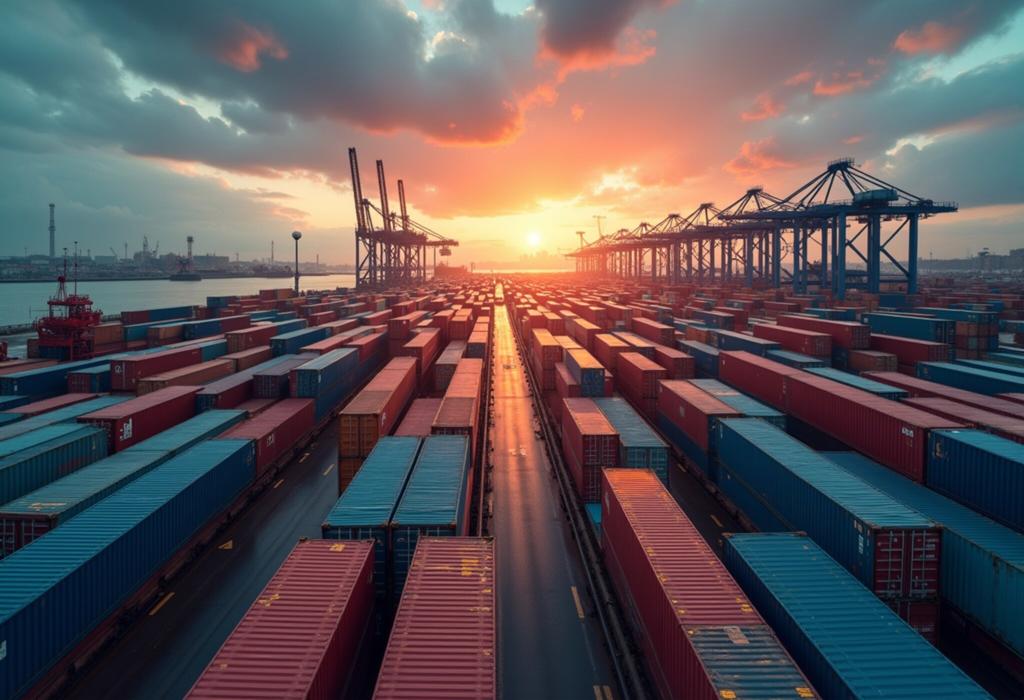The recent escalation in tariff impositions by the Trump administration, with President Donald Trump announcing new tariffs in April 2025, has reignited global trade tensions. Washington and Beijing have been locked in a trade war since 2018, resulting in significant economic shifts, including a substantial loss of jobs in the U.S. Despite attempts to stabilize trade relations during Biden's presidency, the Trump administration's reassertion of tariffs, including a 60% tariff threat against China, has strained the balance further. The U.S.-China Business Council reported the loss of hundreds of thousands of American jobs, echoing the economic chasm such policies create domestically. This trade strategy is not limited to China, as the European Union braces for a renewed battle with tariffs directly affecting EU exports like steel and aluminum. Experts cite the U.S.'s critique of trade imbalances and market protection, with discussions on the structural differences in agricultural standards between the U.S. and European nations adding complexity to these issues. Meanwhile, Canada's trade relations with the U.S. are also on precarious grounds, with mutual tariff impositions suggesting a grim economic outlook if conflicts escalate. The analysis indicates that while the U.S. seeks equitable trade conditions, the aggressive tariff policies may alienate key trading partners, potentially leading to further economic downturns. The narrative presented is indicative of a broader geopolitical struggle where economic policies become instruments of power dynamics. Analyzed and reviewed by artificial intelligence, this article emphasizes the need for diplomatic trade negotiations over protectionist measures.
AD
AD
AD
AD
Bias Analysis
Bias Score:
65/100
Neutral
Biased
This news has been analyzed from 15 different sources.
Bias Assessment: The news article exhibits a moderate level of bias, with a noticeable leaning towards critiquing the Trump administration's aggressive tariff strategies. The focus tends to highlight the negative implications of these tactics on international trade and domestic job markets, which may overshadow other perspectives or potential benefits seen by supporters. The narrative is largely shaped by economic experts' opinions and conditions in other nations, which can contribute to a sense of partiality against the tariff measures put forth by the administration.
Key Questions About This Article




